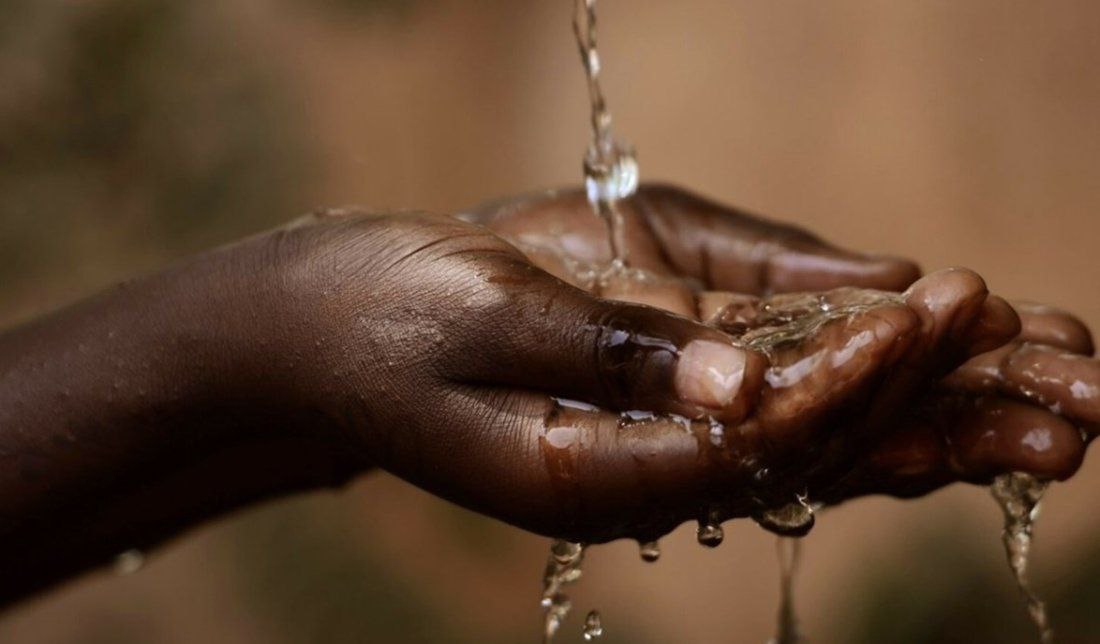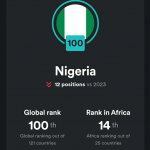
Mali Secures $100 Million to Improve Access to Drinking Water

The World Bank has approved a $100 million credit to help Mali enhance access to clean drinking water and strengthen water resource conservation.
The Water Security Support Project in Mali (PASEMa) aims to benefit multiple cities, including Bamako, Mopti/Sévaré, San, Ouélessébougou, Dioïla, and Bafoulabé/Mahina.
According to the World Bank, the project will improve water transfer infrastructure, including constructing a new pumping station and a water tower in Bamako.
Secondary cities will see the development of comprehensive water supply systems, including production infrastructure, pumping stations, reservoirs, and expanded distribution networks.
Beyond increasing access to drinking water, PASEMa includes measures to reduce water losses, enhance service quality, and protect water sources. Leak detection equipment will be deployed, and protective perimeters will be established around key water sources.
The project is expected to benefit 500,000 people, with 50% being women and 19.2% young people. Around 227,000 individuals will gain basic access to water services, while 270,000 will experience improved service quality. Additionally, 30,000 rural residents will benefit from ecosystem restoration efforts.
According to Clara de Sousa, the World Bank’s Director of Operations for Mali, the initiative will address Mali’s urgent need for clean water and strengthen the sector’s long-term resilience. She emphasised that PASEMa will create jobs and stimulate economic activity in the water sector.
Mali officially withdrew from the Economic Community of West African States (ECOWAS) with other members of the Confederation of Sahel States (CSS).
They also announced plans to establish a Regional Investment Bank. A decision was taken during a ministerial meeting of the AES held in Bamako on January 16, 2025. Other key decisions from the session include launching transformative infrastructure projects across member states.
Read More:
- When the Mind Collapses
- IGP Egbetokun’s Tenure Extension Overrides Nigeria’s Constitution, Legal Group Warns
About The Author
Related Articles
AES Condemns Niamey Airport Attack, Warns of Coordinated Destabilisation
The Alliance of Sahel States has strongly condemned the armed attack on...
ByWest Africa WeeklyFebruary 2, 2026Mali Cedes Strategic Land to Guinea to Deepen Trade Cooperation
Mali has approved the transfer of a strategic parcel of land to...
ByWest Africa WeeklyFebruary 2, 2026Senegal to Appeal CAF Sanctions After AFCON Final Controversy
Senegal has announced plans to formally appeal the sanctions imposed by the...
ByWest Africa WeeklyFebruary 2, 2026Burkina Faso Takes Legal Step Toward Nuclear Energy Development
Burkina Faso has voted to join the Vienna Convention on Civil Liability...
ByWest Africa WeeklyFebruary 2, 2026












Leave a comment